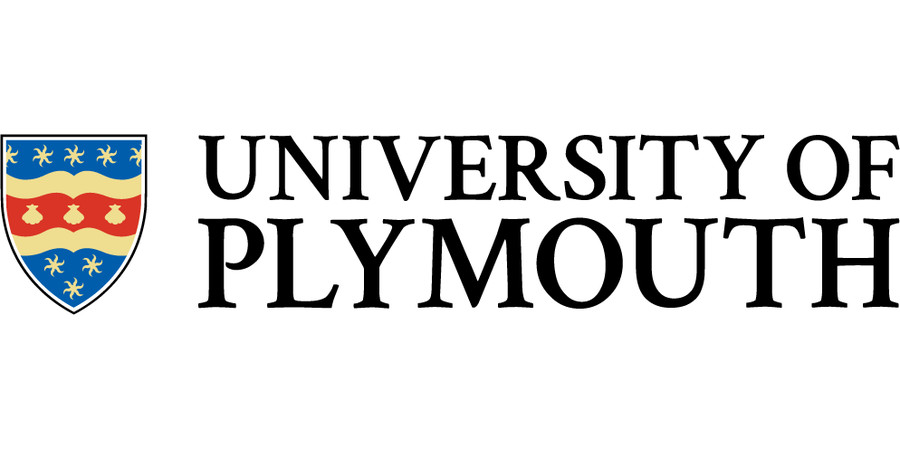PhD Studentship: Evaluating efforts to create temperate rainforest: recruitment of biodiversity and resilience to natural enemies
University of Plymouth - School of Biological and Marine Sciences
| Qualification Type: | PhD |
|---|---|
| Location: | Plymouth |
| Funding for: | UK Students, EU Students, International Students |
| Funding amount: | The studentship is supported for 3.5 years and includes a stipend from £19,237 per annum 2024-25 rate (2025-26 UKRI rate TBC) |
| Hours: | Full Time |
| Placed On: | 12th November 2024 |
|---|---|
| Closes: | 8th January 2025 |
DoS: Dr James Buckley (james.buckley@plymouth.ac.uk)
2nd Supervisor: Dr Jennifer Rowntree (jennifer.rowntree@plymouth.ac.uk)
3rd Supervisor: Dr Tom Murphy (thomas.murphy@plymouth.ac.uk)
4th Supervisor: Professor Kevin Watts, Forest Research
Applications are invited for a 3.5 years PhD studentship.
The studentship will start on 01 October 2025
Project Description
Background:
The British and Irish Isles have very low levels of current tree cover and what remains is frequently of poor condition [1]. The UK government has therefore proposed increasing tree cover to 16.5% in England by 2050, through tree planting and/or natural regeneration via seed dispersal. Tree planting is expensive but necessary for woodland expansion [2], yet a lack of long-term monitoring means the capacity of planted woodland and natural regeneration to support healthy and resilient native woodland is often unclear [3]. This project focuses on Temperate Rainforest, an internationally important woodland habitat found in mild and wet climates and characterised by extensive growth of epiphytes (ferns, mosses and lichens).
Methodology:
This project will assess the recruitment of biodiversity (above and belowground) and health (extent of pathogen infection and herbivore damage) of woodlands created by tree planting and natural regeneration in the temperate rainforest zone of SW England. Long-established temperate rainforest sites will be used as a control habitat for these comparisons. Aboveground surveys of epiphytes and natural enemies (insect herbivores and pathogens) will be conducted, as well as DNA metabarcoding of soil fungal communities to provide insight into the recruitment of key mycorrhizal fungal partners. Additional sampling of planted sites along a temperature and precipitation gradient identified from recent climate mapping of SW rainforest [4], using the approach adopted in [5], will provide insight into climatic effects on the recruitment of rainforest indicator species. The student will visit field sites across two growing seasons to collect data on plant health and community diversity, as well as samples for molecular metabarcoding analysis.
Person specification & Training:
The candidate should have experience of field and lab-based (molecular) research, and an interest in understanding and communicating the importance of UK woodland restoration and expansion. The project will provide the postgraduate student with extensive fieldwork experience, as well as laboratory and analytical skills in metabarcoding. Experience of mapping using Geographical Information Systems (GIS) would be an advantage. Site selection will provide opportunities to network with a range of landowners and practitioners.
For information on Eligibility and Funding, please click on the links below:
To apply for this position please click on the Apply button above.
Please clearly state the name of the DoS and the studentship that you are applying for at the top of your personal statement.
Please see here for a list of supporting documents to upload with your application.
For more information on the admissions process generally, please visit our How to Apply for a Research Degree webpage or contact the Doctoral College.
The closing date for applications on 8th January 2025.
Shortlisted candidates will be invited for interview after the deadline. We regret that we may not be able to respond to all applications.
Applicants who have not received a response within six weeks of the closing date should consider their application has been unsuccessful on this occasion.
Advert information
Type / Role:
Subject Area(s):
Location(s):









